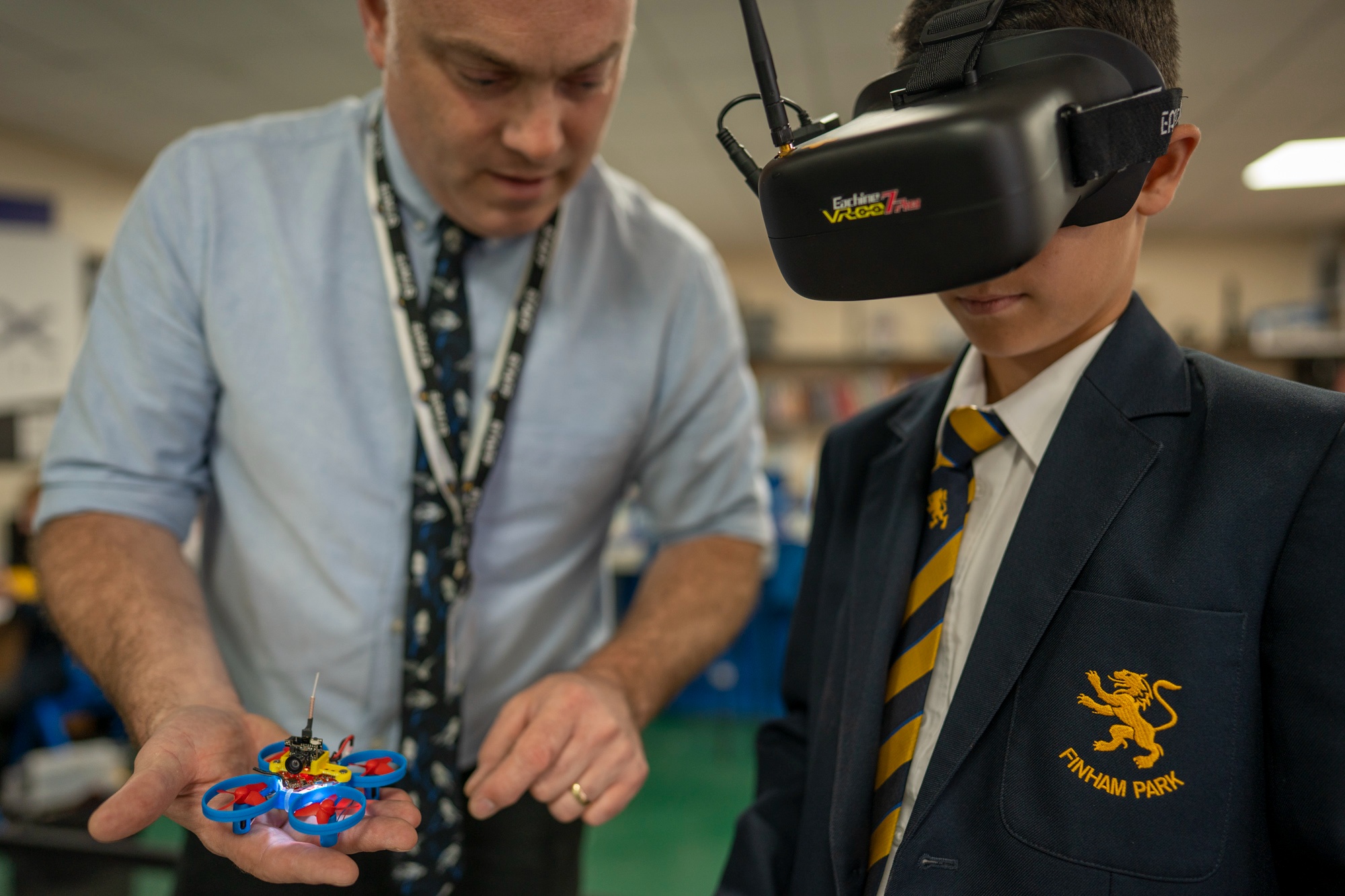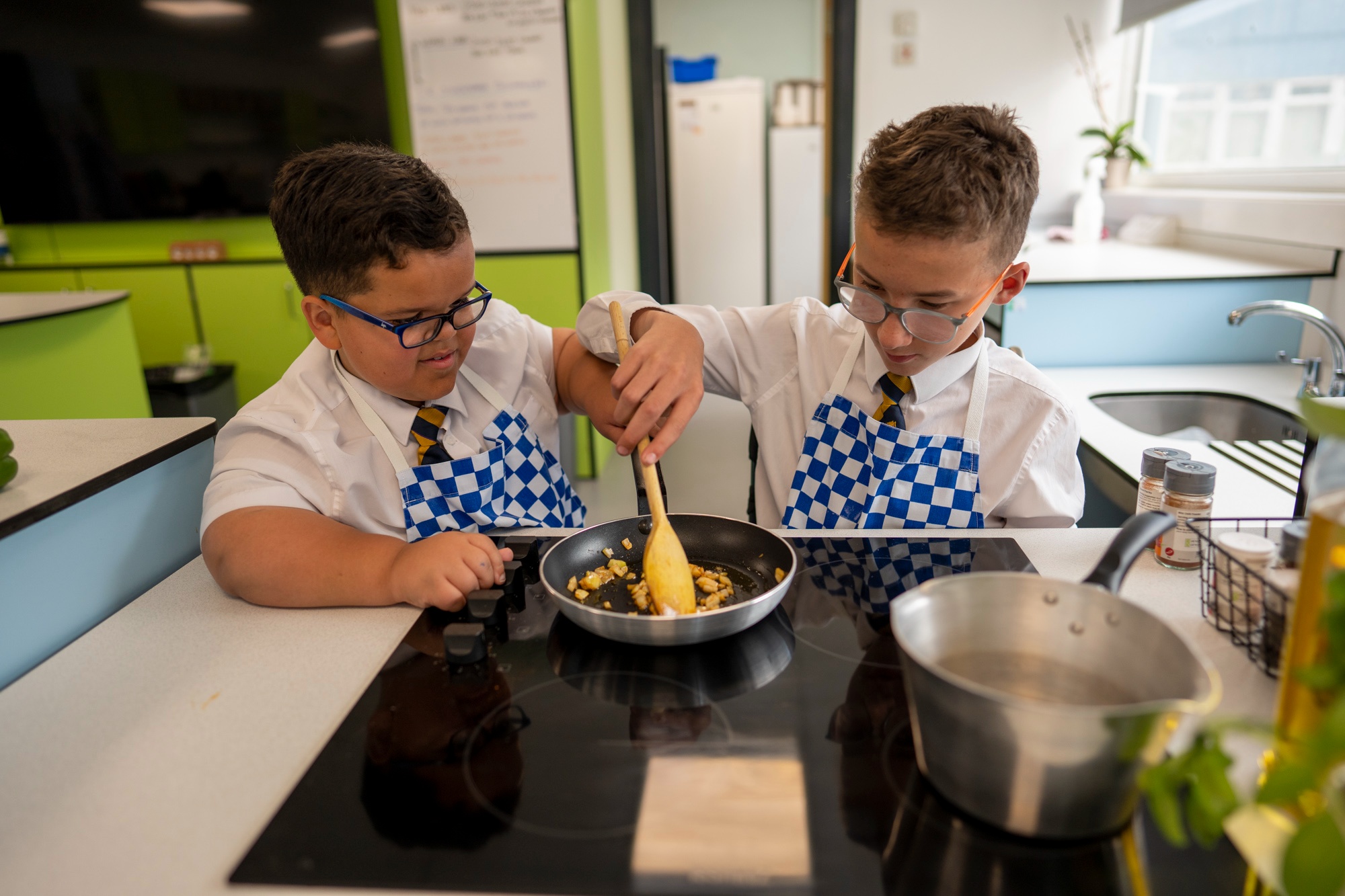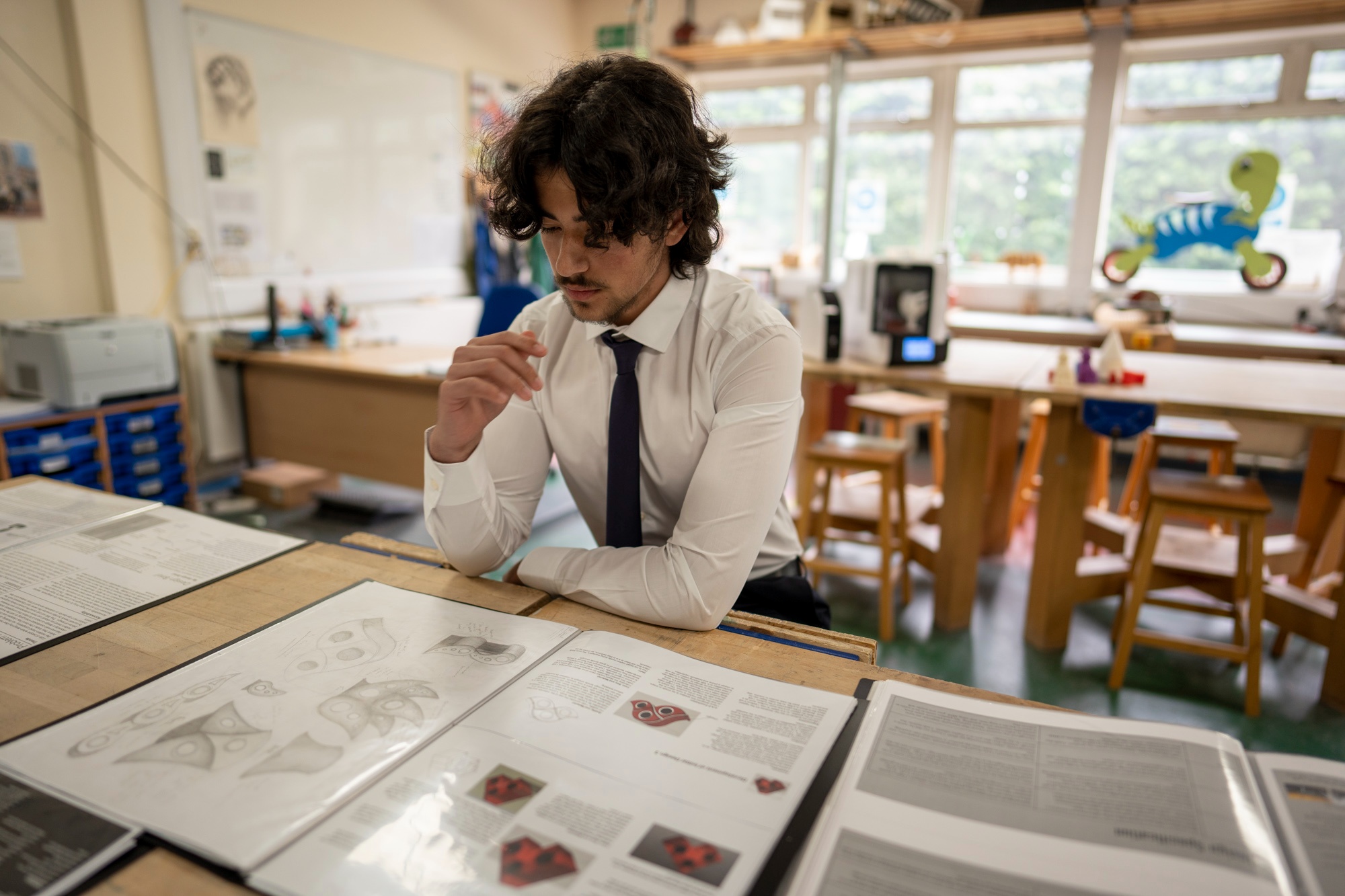Creative Design Faculty
Curriculum Intentions and Aims
Our learners acquire a broad range of subject knowledge based on historic and contemporary practice across a broad range of cultural contexts and specialist subject areas and develop their sense of creativity and their imaginations across all phases and settings in the faculty. Students design and make personally developed learning outcomes and products in response to themes, briefs and the work of others. They solve real-time and relevant problems within a variety of contexts; considering audience, client’s needs, wants and values. We aim to develop in our young learners a wide variety of design and making skills that allow for personalised creative development over time. Students develop a critical understanding of the impact of and connection between elements of art, craft, design and technology on daily life, culture and the wider world.
Students engage in and have the opportunity to take more than one subject option choice and pathway in creative design where they can combine and choose from a wide and varied curriculum offer that is designed to be complementary and specialist. We offer Graphic Communication, Product Design, Photography, Engineering, Food & Nutrition and Fine Art. Our Schemes of Learning allow our young learners to develop a deeper understanding of many connecting core principles:
- material properties
- formal elements of art
- working in direct response to first-hand resources and or first-hand generated resources
- commodities
- processes
- technique and media applications related to recording insights and observations
- making and manufacturing processes
- scientific approach of chemicals and functions of ingredients
- understanding and applying the principles of nutrition and learning how to cook as well as how to utilise mathematical systems to solve problems in manufacture.
Students learn to demonstrate safe working practice in creative or practically productive studio or workshop-based environments.



Our students learn to develop their knowledge and appreciation of the place and role of the artist, designer and manufacturer in society. Making is an invaluable part of the education of young people. We provide the time and freedom for students to express and communicate personalised ideas derived and inspired by the work of other times and cultures around the world through deeper analysis of the work of others. Our students must be equipped to be able to interpret understand and appreciate the original intentions and motivations of visual artists and technology-based specialists and practitioners.
Students have the opportunity to engage in sensory experiences when they are handling and manipulating resistant or non-resistant materials and ingredients. They must be able to communicate ideas visually by combining 2D and 3D practical processes of design in response to theoretical models related to practice in specialist areas of the design world. Art, design and technology in the curriculum offers unique opportunities for students to reveal their learning strengths, express and communicate their ideas clearly and to develop their imaginations and a greater appreciation of the physical world and environment.
Recording ideas directly from life develops in student’s skills of observation and analysis. We expect students to be able to annotate and explain work intentions and motives behind their own work related to the work of others by using specialist subject-based terminology in context. Making work over long periods of sustained focus allows for a creative reflective making processes to occur over differentiated time frames, allowing for a more refined personalised approach to the production of work through the evaluation of past and present design and technology.
Department Staff
| Head of Creative Design Faculty & Head of Art and Design | Mr D Radford |
| Head of Design & Technology | Mr R Elliott |
| Mr A Clarke | |
| Mr P Maguire | |
| Mr R Kennedy | |
| Ms E Georgiou (Teacher of Food Tech) | |
| Ms K Edwards | |
| Ms R Byrne | |
| Ms L Roberts |